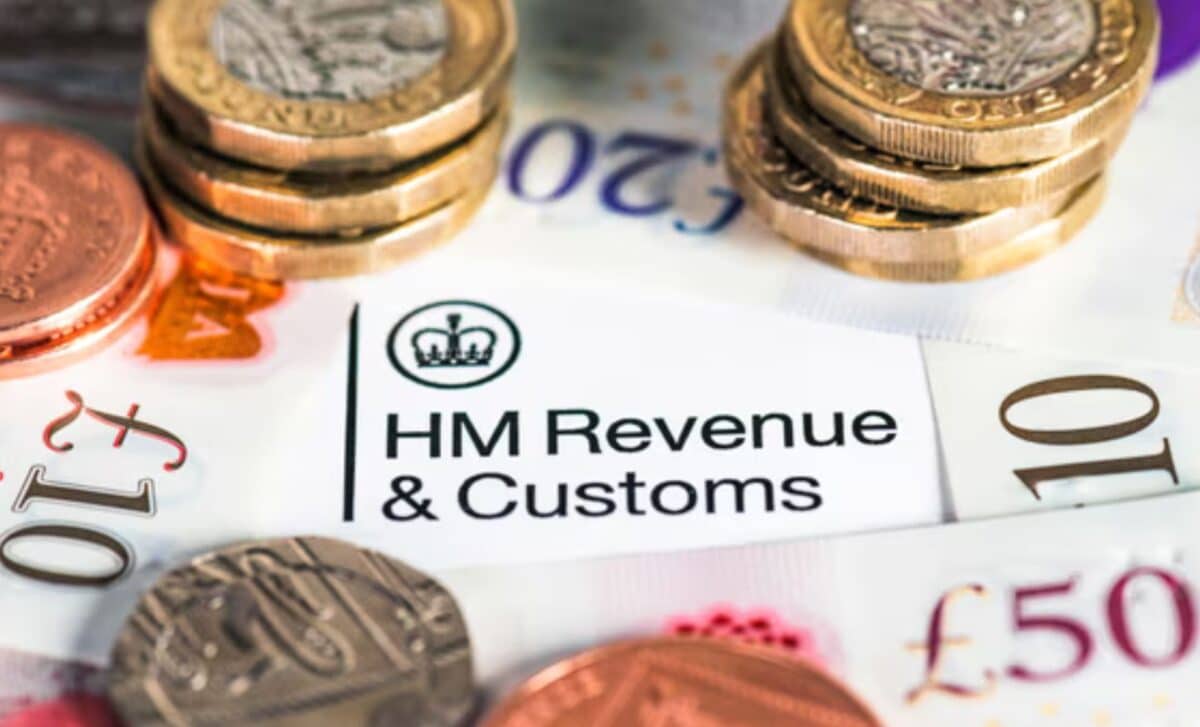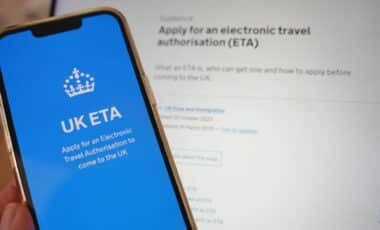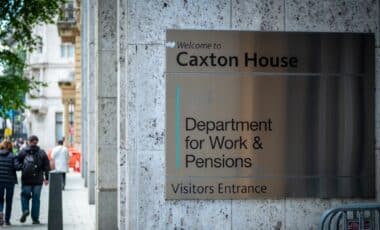Remote workers who have been claiming tax relief for working from home could face significant repayments, as HM Revenue and Customs (HMRC) tightens its rules. Since the pandemic, more than a quarter of UK adults continue to work from home at least part of the week. While those who are required to work from home due to their employer’s policies or lack of office space are entitled to claim tax relief, those who choose to work remotely out of personal preference may no longer be eligible, as reported by The Telegraph.
Changes to Tax Relief Eligibility
Tax relief for remote workers has been available for those whose jobs require them to work from home, such as covering additional household costs like heating or business phone calls. For basic-rate taxpayers, relief can be claimed as a flat rate of £6 per week, or the exact amount of household expenses incurred. However, workers who claimed this relief without meeting the necessary criteria now face the prospect of paying it back.
HMRC has warned that incorrect claims could lead to surprise repayment bills. The tax authority also advised workers to be cautious of third-party agencies advertising “quick tax refunds for working from home.” These agencies may charge high fees for a service that could be handled directly with HMRC.
The Impact of the Pandemic on Claims
During the pandemic, tax relief claims surged, with 800,000 workers claiming it at the height of the crisis. The tax relief saved individuals up to £125 per year. However, as of 2022, HMRC has toughened the eligibility criteria. While relief was easy to access during the pandemic when many workers were locked out of their offices, the rules now require more detailed evidence.
What Workers Need to Know
Andy Wood, a tax adviser at Tax Natives, emphasized the importance of reviewing eligibility before making any claims. “Many people who were eligible during the pandemic may no longer qualify today, so it’s important not to assume continued entitlement without checking,” he said. Workers are urged to use HMRC’s official online tool to check their eligibility before submitting claims.
Despite the availability of agents or tax refund companies, HMRC cautioned that taxpayers remain personally responsible for the accuracy of the information provided. Any overpayments identified by HMRC will need to be repaid by the individual, not the agency submitting the claim.









